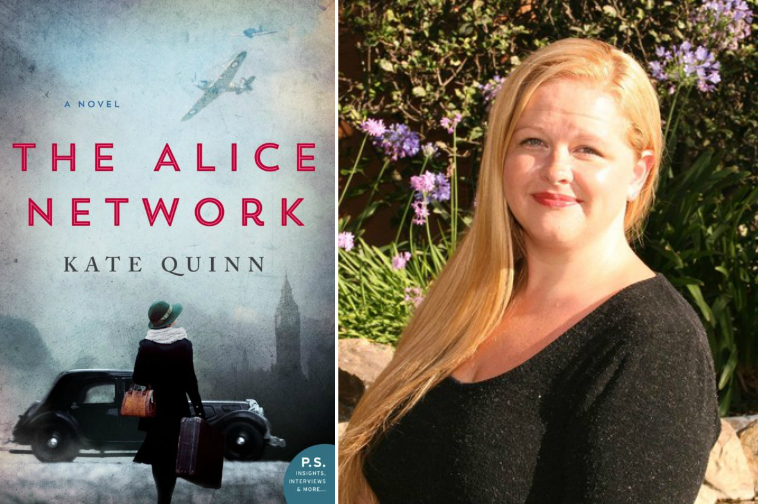

While the narrative does alternate between the two stories from one chapter to the next, I still think it makes the most sense to examine them individually and what they have to offer on their own. A mission for the truth stands before them, and they are all intent on following it no matter where it leads. She ends up making the acquaintance of Evelyn and her chauffeur, Finn, and they all set out on a journey in search of something personal in a France still ravaged by the Second World War. We meet Charlotte St Clair, a nineteen-year-old American girl coming over to Switzerland with her mother for a safe abortion. The second story takes us forward by thirty-two years to 1947, with Evelyn Gardiner now having aged and more or less fallen into an unremarkable, almost sorry type of life, coloured largely by the betrayal which led to the end of the spy network she gave her life to. Working as a French collaborator, Eve takes up disguise as a waitress in a restaurant in Lille, serving German soldiers and passing on information to her British handlers. Here we make the acquaintance Eve Gardiner, a young woman with a burning passion for fighting back the invaders and a chance of enact it as she joins the infamous spy network run by the real historical figure, Louise de Bettignies (alias “Alice Dubois”).

Parts of France have fallen to the invading enemy, but the country still resists with all of its might. The first story presented by the novel takes us to 1915, with World War I coming into full swing. I think it’s safe to say Kate Quinn belongs to this group of authors, with her novel The Alice Network telling two stories connected by war, loss and history.

Mainly, the two world wars have fuelled the imagination of countless authors, all of them seeking to explore different sides and aspects of the two conflicts.

The 20th century certainly isn’t going to fall far enough behind in our collective rear-view mirror to be forgotten anytime soon, its events still serving as centrepieces for innumerable works of fiction.


 0 kommentar(er)
0 kommentar(er)
